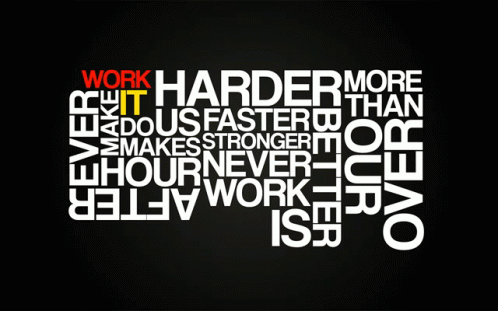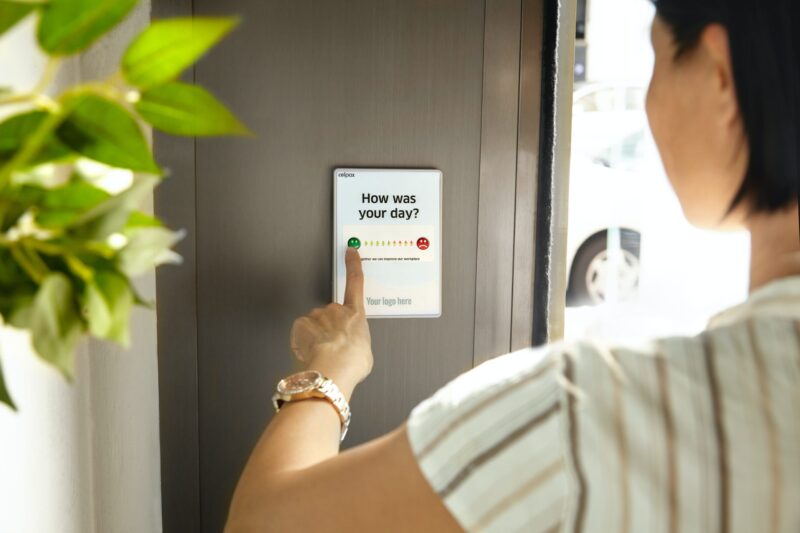Easier research is rarely better
I’ve ever been a proponent that easier is often not better. Human nature is to seek easier, but often this doesn’t equate to better.
QR codes and robots replace menus and waiters, may be easier but often ultimately not better. It is now easier than ever to do a survey, and we are flooded with them, 99% are rubbish, platitude, leaders pretending to listen, but not.
Way back in 1994 I started my career in market research in Melbourne, at the office of Frank Small & Associates, a research agency launched by Frank Small in the 1964 that grew to a large network into Sydney and across Asia. During my time at the agency, it was sold to Paris based global research group Sofres, founded in 1963. I was lucky to visit the Paris HQ of Sofres, with my stumbling French, and it was enlightening to get a wider global context.
The Sofres group has evolved since, with Frank Small being the core of growth across Asia. I’ve since been inspired by the concept of a founder growing a global network in hard to reach locations, particularly pre-internet and with geopolitical instability and accessibility complexities. Global growth, pre-the internet, iPhone, email or an inkling of social media. (More >)
Way back then I worked in the Telstra Research Division of Frank Small & Associates in Hawthorne, a multi-million dollar unit doing a few on-going tracking studies supporting the national Telstra telecommunications business. One of my core projects was the IDD – the International Direct Dial – project. Telephone interviews every day of the year except Good Friday and Christmas Day to measure satisfaction and to identify any issues with international phone calls. Data was FTPed each week to Sydney, which could then identify lines with issues, often resulting in local exchange interventions, to more extreme actions such as repairing phone cables in the ocean. When returning home to Adelaide at Christmas, I was provided with a brick-sized mobile phone in case of emergencies. #cool
It was interesting to gauge cultural differences in responding to surveys. For example, some cultures were just more polite, so even when there were problems, they didn’t wish to make a fuss, and others were at the other extreme. There are ever cultural differences.
It has been interesting to observe research evolve over the past decades from focus groups and client behind two-way mirrors and paper surveys conducted door-to-door of via the phone, to surveys via CATI (Computer Aided Telephone Interviewing), then seeing the rise of on-line and decline of telephone surveys over the past decade.
I was quite skeptical about online surveys when they started to become an industry next wave. How could online surveys ensure the representativeness, critical in reliable data? Yet, over time, professional standards have been set to ensure reliable data to guide decisions.
Focus groups and in-depth interviews still remain a core qualitative research tools, now often moved online, plus a toolbox of other research approaches including semiotics, to ethnography, and a plethora of internet enabled insight tools. A cornucopia of approaches, ever evolving, with the pandemic escalating the adoption of new methodologies. Many of these allow for researching wide geographic areas easier than ever, no need to travel.
Life as a researcher has become easier in many ways, yet easier is often not better.
Since Corona hit in 2020 I have conducted a large number of focus groups, with the vast majority via online tools such as Zoom, and it has become my general preference and in many ways is both easier and better. Cameras into the worlds of the homes of real people.
Yet, often it is best to return to old-school research tools.
Reflecting my past month of my old-school travel to Melbourne, Sydney and Brisbane for face-to-focus groups, there is no substitute for making the effort beyond easy. The recent focus groups involved interacting with new packaging, unboxing, taste testing and deep associated discussion not possible online. And, more recently, such face-to-face focus groups are now streamed to our clients in other parts of Australia and overseas. For example, currently working with an Australian consumer tech brand conquering the world, and a global Sri Lankan tea brand seeking growth in Australia.
Global research has never been easier to collaborate and share.
Online research has a critical role, but true immersion is nice to do more intimately.
My research career has enabled me to travel to many places, small towns and large cities. Often places I would be unlikely to visit otherwise. Arriving in the afternoon, focus groups in the evening, and leaving in the morning. The short-trip traveler, ethnographer, dinner and even reveler. I’ve loved immersing myself in the towns and cities I’ve visited, meeting the locals, in pubs, cafés and restaurants. Observing how people live, the consistencies and differences. This cannot be replicated online. Unique cities and towns.
Travel is certainly not easier, and in many ways conducting qualitative and quantitative research more and more via the internet, has made research much easier. Yet, easier is often not better. Much of business, marketing, strategy seems to be ever seeking easier, quicker and cheaper, sacrificing better. Something is scarified to save time, corners cut.
Good research generally takes time, immersion. Which might explain why it may be overlooked, with too many clients willing to rush to market, push agencies to make assumptions, and hope for the best in product development, advertising development or otherwise. It just seems strategically naive, ignorant, to rush such a fundamental step.
What horrifies me about the research we do, is how often decision makers get the fundamentals wrong. When they assume they already know the answers. Our clients are generally human centred and open to user feedback, by definition of seeking independent research. Able to work around their egos and be empathetic in search of better. Even so, it is scary how often the research comes in too late, missing fundamentals. Silly basics missed too late. No wonder the sales are sluggish or advertising fails to gain traction.
An amazing tech product that fails to actually say what it does on the packaging, the use case, the value proposition. A product that tastes horrible, below par of competitors. Advertising that lacks any depth of insight or unlocking of a consumer truth.
Too often over my career I’ve experienced creatives and designers fearing listening to user feedback, likely as it offends their egos, when if they were open and listened better is easy.
Or those who misuse tracking data in search of evidence of success, even manipulating the truth, rather than seeking opportunity to do better, make changes and improvements.
Good research isn’t always easier, but if done well it does create better products and ads.
Beyond the trend towards design sprints, minimal viable product, no time to waste, falsely seeking short cuts, which often more so result in mediocre outcomes.
It is now easier than ever to do better, but too often decision makers just seek easier. It is now easier than ever to do better research. To explore the world, without the geographic encumbrances of old. It’s easier to do better.




